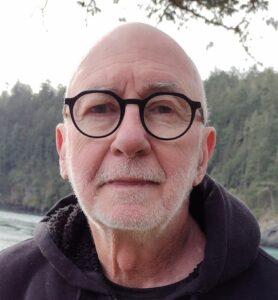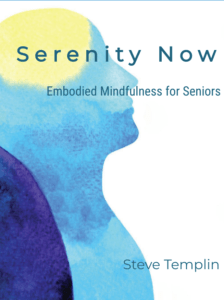There’s very encouraging news for individuals who are willing to devote some time to self-care with an inner, self-regulation practice. Not only does the inner practice produce more emotional balance and ease, but it also creates measurable biological changes.
A recent study using HeartMath’s Heart Rate Variability (HRV) software shows that the practice of coherent breathing, which is basically a slow breathing rhythm of inhaling for about 5 seconds and then exhaling for 5 seconds, reduces blood levels of amyloid beta, a biomarker for Alzheimer’s Disease (AD).
This research suggests that HeartMath’s HRV coherence training has the potential to prevent or slow down the progression of the disease.
The study was published in Nature Scientific Reports and The Journal of the Alzheimer’s Association.
An earlier study from 2022 showing similar results was published in the Journal of Alzheimer’s Disease. Currently, a larger study is underway.
This research is helpful because it’s confirming that a very simple practice, like slow breathing, is hugely therapeutic when practiced regularly.
In a culture where large scientific institutions with huge media influence are spending millions on pharmaceutical research, it would be easy to dismiss or even ridicule the value of something as natural and available as slow breathing, if it weren’t for the research.
From another point of view, fast breathing is a known, but often ignored, indicator for inflammatory disease and other chronic illnesses. Fast breathing upsets the balance of the autonomic nervous system, reduces oxygen content in the blood, and is a major cause of high blood pressure.
My next post will talk more about the science and practices that support slow breathing for preventing or slowing down many chronic physical and emotional conditions.
For now, you can practice breathing, not only slower, but much more gently and quietly, through your nose. You can practice your slow, gentle, nasal breathing while watching this guided video.


 Steve is a retired Doctor of Oriental Medicine, Acupuncture Physician, and HeartMath Trauma-Sensitive Certified Practitioner with over 35 years of clinical experience in the fields of Energy Medicine, Energy Psychology, and Biofeedback.
Steve is a retired Doctor of Oriental Medicine, Acupuncture Physician, and HeartMath Trauma-Sensitive Certified Practitioner with over 35 years of clinical experience in the fields of Energy Medicine, Energy Psychology, and Biofeedback. 